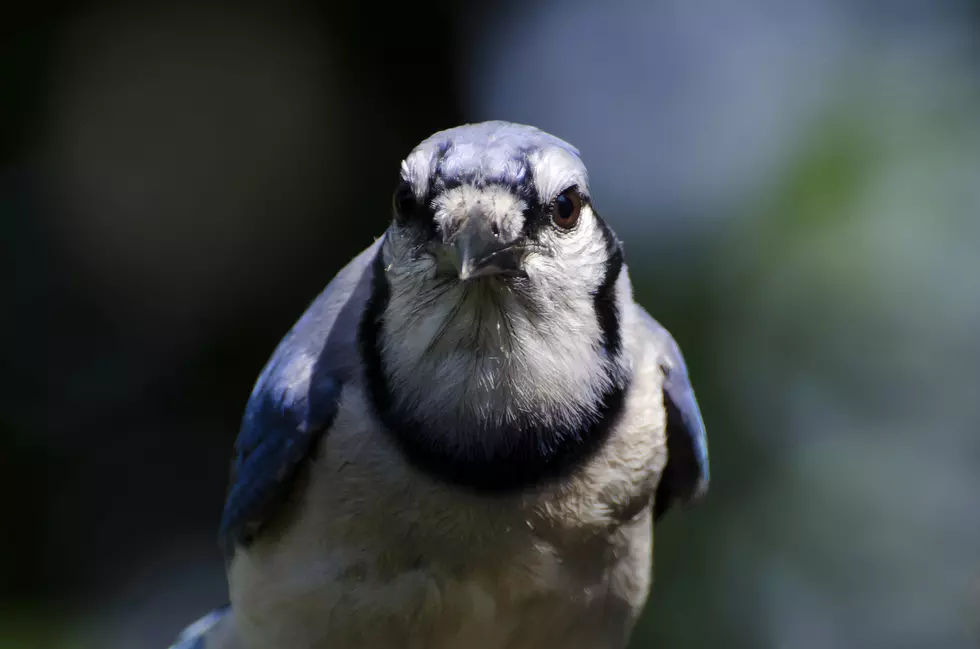
New York On High Alert After Mystery Illness Kills Bird
An unusual illness is killing a large number of birds in the Northeast.

The NJ Division of Fish and Wildlife confirmed a mysterious illness is killing nestling and fledgling songbirds in New Jersey and other states in the mid-Atlantic, the Southeast and eastern upper Midwest.
Since mid-May, numerous young birds – mainly blue jays, starlings, and common grackles, but also robins and cardinals – have been found with eye and neurologic issues, and in some cases, these birds have been found dead in large numbers, officials say.
"Some (but not all) of the affected birds are showing neurologic signs consisting of head tremors, leg paresis (partial paralysis or weakness), ataxia (falling to the side) or inability to stand at all, and excessive vocalizations. Also, most of the birds are in good body condition—likely still being fed by their parents," the NJ Division of Fish and Wildlife said in a press release.
Cases have been reported in Washington, DC, TN, KY, VA, WV, MD, DE, IN, OH, FL, PA and NJ, according to the NJ Division of Fish and Wildlife.
"Many theories have been posed as to the cause of this event, however no cause has been determined at this time," NJ Division of Fish and Wildlife stated.
While the NJ Division of Fish and Wildlife did not name New York, Hudson Valley Post reached out to The New York State Department of Environmental Conservation (DEC) to see if the organization is monitoring.
"The DEC has received some reports about bird deaths here in New York. There are typically many dead fledgling birds on the landscape during this time of year; normal nestling/fledgling mortality rates are high with only 25 to 50 percent of songbirds surviving their first year," the DEC said in an email. "DEC wildlife staff are on alert to look out for dead birds. However, there are no confirmed links between the local bird deaths in New York and what is happening in other states."
For all the news that the Hudson Valley is sharing make sure to follow Hudson Valley Post on Facebook, download the Hudson Valley Post Mobile App and sign up for the Hudson Valley Post Newsletter.
The DEC is asking the public to help determine the nature of these unusual mortality events, which may affect the eyes and neurological system of birds.
If saving a bird carcass for DEC, gloves should be used to pick up the bird. The bird should be placed in a plastic baggie, kept on ice and in the shade.
Anyone handling birds, even with gloved hands, should thoroughly wash their hands afterward. Only freshly deceased birds should be saved, due to how quickly carcasses degrade in the heat. Those collecting birds should also provide DEC with their name, address, and phone number.
To report an unusual bird death, or any wildlife issue, please contact DEC's Regional Wildlife staff.
DEC is also working with avian experts from Cornell Wildlife Health Lab. Further information will be provided as it becomes available.
Keep Scrolling:

